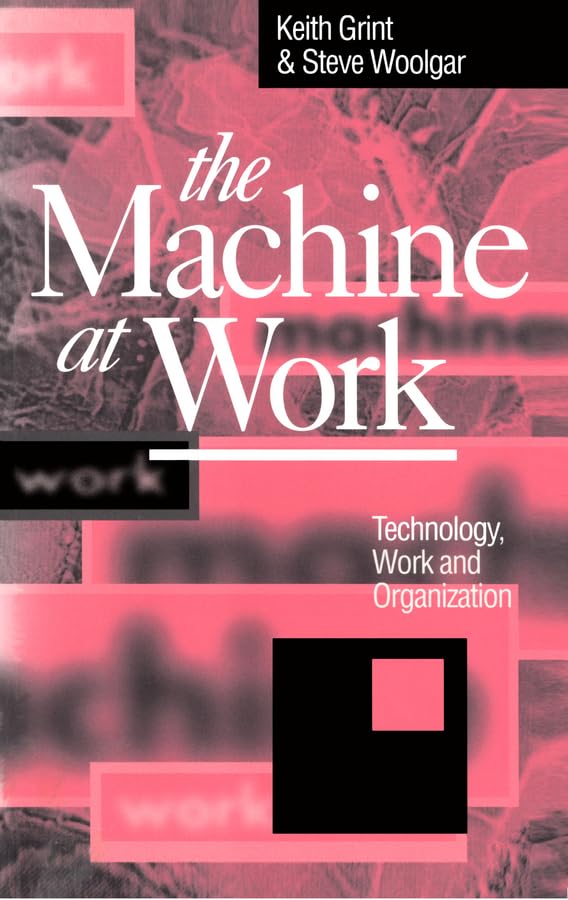Customer Services
Copyright © 2025 Desertcart Holdings Limited
Desert Online General Trading LLC
Dubai, United Arab Emirates


Full description not available
"**"
Interesting but could benefit from primary sources
In the Poverty of Theory, E.P. Thompson argues for a truly material history. Thompson's argument, like his historiographical practice, is to use primary sources and to allow theories to develop out of the scrutiny of those sources. Grint and Woolgar apply sociological methods to the study of Luddism, the resistance to technology, and the social organization of technologically-centered labory. The actor-network theory that they unfold could do much to explain societal and worker attitudes toward machine-based labor; however, The theory they develop could do much to explain society and worker attitudes toward machine-based labor; however, the theory is left unsupported by primary sources. It might be that primary sources from those working-class writers, some of whom were prolific writers expressing their own views, could buttress Grint and Woolgar's theories, but, as it is, Grint and Woolgar refer only to secondary sources for the groundwork for their theories. I was fascinated by the book, learned a great deal, and recommend the book, but I would like to see how Grint and Woolgar's theories work with primary historical documents.
Trustpilot
1 month ago
1 month ago
4 days ago
3 weeks ago